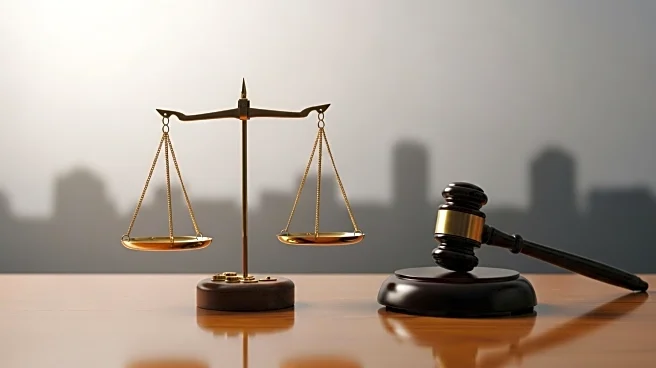What's Happening?
President Trump's administration is preparing to intensify immigration enforcement operations in Chicago, prompting local communities to take action. Non-profit organizations and community leaders are organizing events to educate residents on their rights and prepare for potential ICE raids. These gatherings, such as the one in Hermosa, feature native music and dance performances and aim to raise funds for legal expenses related to ICE detentions. The community is actively working to support those most affected by the increased enforcement, with efforts including legal education and fundraising activities.
Why It's Important?
The planned increase in immigration enforcement by the Trump administration has significant implications for Chicago's immigrant communities. It raises concerns about potential disruptions to families and communities, as well as the legal and social challenges that may arise. The local response highlights the community's resilience and proactive measures to protect their rights and support affected individuals. This situation underscores the broader national debate on immigration policy and enforcement, with potential impacts on public sentiment and political dynamics.
What's Next?
As the Trump administration's plans unfold, community organizations in Chicago are likely to continue their efforts to educate and support residents. The local response may influence broader discussions on immigration policy and enforcement strategies. Stakeholders, including political leaders and advocacy groups, may engage in dialogue to address concerns and explore solutions. The situation may also prompt further legal challenges and advocacy efforts at both local and national levels.
Beyond the Headlines
The intensified immigration enforcement in Chicago could have long-term effects on community trust and cohesion. It may also impact the relationship between local authorities and federal agencies, as well as influence public perceptions of immigration policy. The cultural and social dimensions of the community's response, including the use of arts and advocacy, reflect broader themes of resilience and solidarity in the face of adversity.









